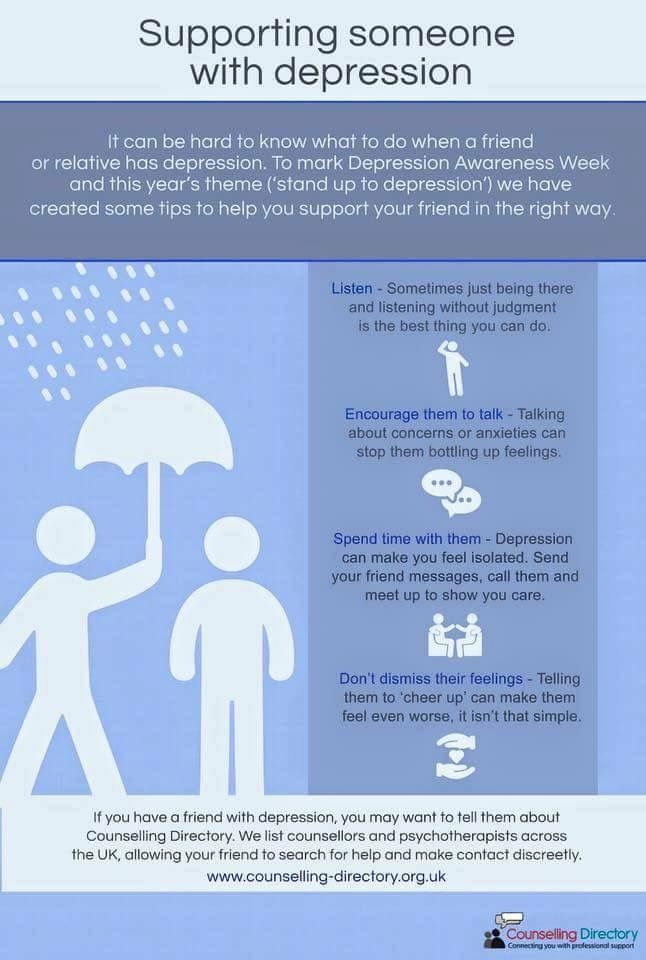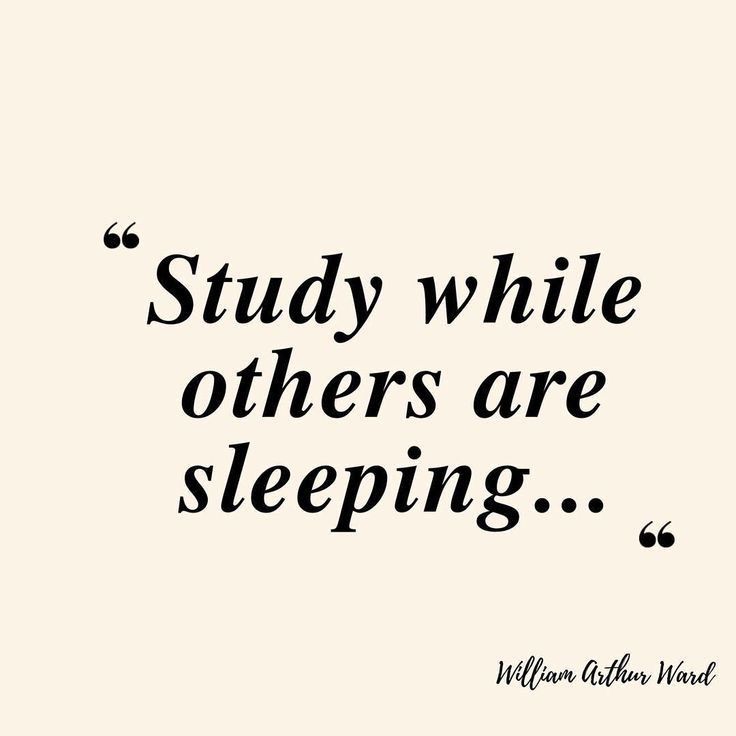Highly sensitive empath
Am I Highly Sensitive, and Empath, or Just Shy?
Stacey Wright
Stacey Wright
Am I Highly Sensitive?
Understanding HSPs, Empaths, Introverts, & More
Have you been told that you are too sensitive or had your emotional reactions dismissed? Do you feel inexplicably drained after interacting with others or with changes to your environment? You may have naturally adapted over the years to this kind of negative feedback by not sharing your inner processing with others, limiting your social interaction, and dismissing or ignoring your feelings.
You may have struggled to understand why you feel differently: Why am i emotionally sensitive? Why am i overly sensitive? Why do other people’s emotions bother me so much? This can leave you feeling less-than or that you are somehow defective.
Instead, it may be that you possess the well-researched and innate trait of sensitivity.
Rather than a disorder or an impairment, this trait can be seen as a valuable super-power with the proper understanding. As a highly sensitive person (HSP), also known as having a higher level of sensory processing sensitivity (SPS), this means you have a greater sensitivity than most of the population.
What is a Highly Sensitive Person?
Highly sensitive persons, or HSPs, are individuals more attuned to the subtleties of the environment, whose brains process and reflect on information more deeply, are often socially inhibited by nature, and prefer their own rich inner world to the external world. HSPs are more likely to experience overstimulation or overarousal of the nervous system because they take in more. It is important to note that sensitivity is an innate, not learned, trait.
In their research, Dr. Elaine Aron and colleagues have found the highly sensitive trait to be present in about 20% of the population, in humans and animals.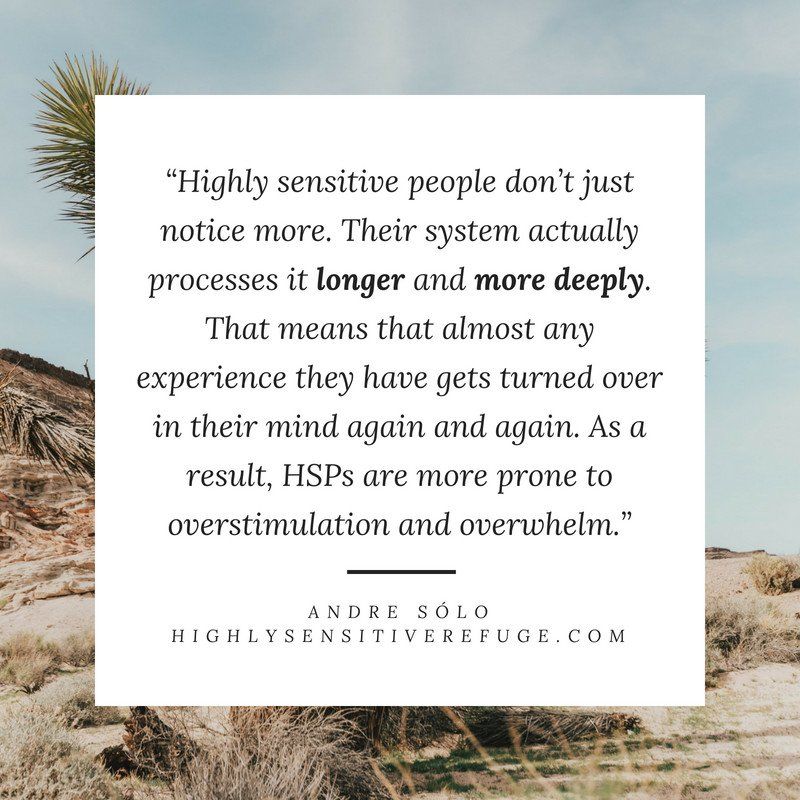 This fact supports the idea that there is an evolutionary advantage to the trait. Perhaps the tribe members more aware of changes in the air, sights, and sounds in the village played the role of the proverbial canary in the coal mine.
This fact supports the idea that there is an evolutionary advantage to the trait. Perhaps the tribe members more aware of changes in the air, sights, and sounds in the village played the role of the proverbial canary in the coal mine.
Dr. Aron uses the acronym DOES to summaries the key aspects of high sensitivity:
D – Depth of Processing
O – Overstimulation
E – Emotional Reactivity
S – Sensing the Subtle
What is an Empath?Empaths are likely to be highly sensitive and are especially gifted in depth of processing. They are attuned to the emotions of others, often feeling a “sixth sense” for the unspoken dynamics in a group or between people. This depth of processing is connected to emotions of other people and the world and may happen unconsciously. Empaths may have great insight into others and themselves but may also feel and bear the burden of others’ emotions more readily if not actively protecting themselves.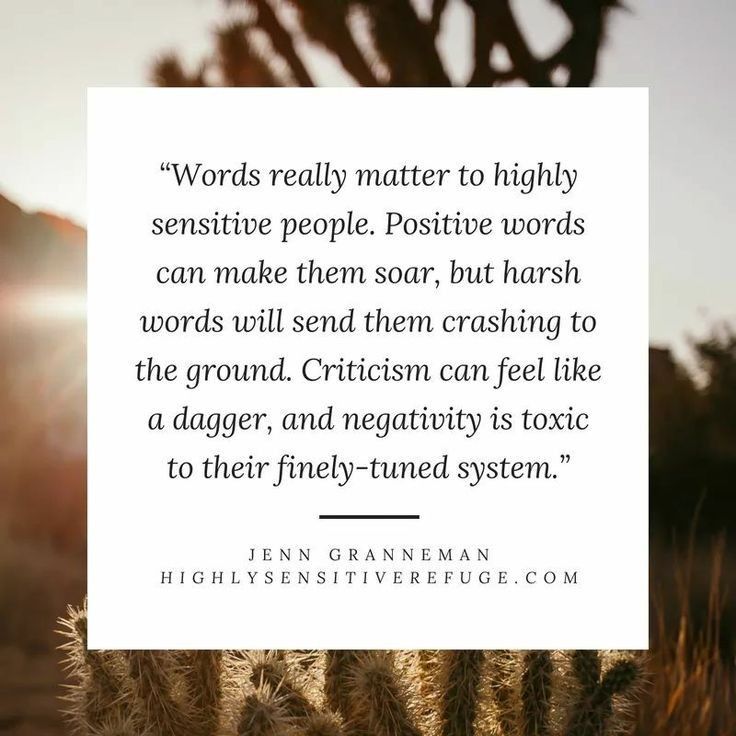
Through our sensitivity we can create a compassion revolution and save the world.— Dr. Judith Orlof
An empath may not always have a ready explanation for their feelings. Perhaps they feel a heaviness or great depth of sadness, only to find out later about the grief and loss recently experienced by a friend or coworker. Dr. Judith Orlof is a leading author on the subject notes that empaths "actually feel others' emotions, energy, and physical symptoms in our own bodies, without the usual defenses that most people have."
What about Introverts & Shyness?Most HSPs are empaths, and vice-versa, but this is not necessarily the case. Additionally, many confuse both of these traits as introversion. About 70% of HSPS are introverts, meaning a good number are actually extroverts. However, an introvert is not necessarily highly sensitive or an empath. Introversion is well-known in part due to the Myers-Briggs personality test and the work of Carl Jung.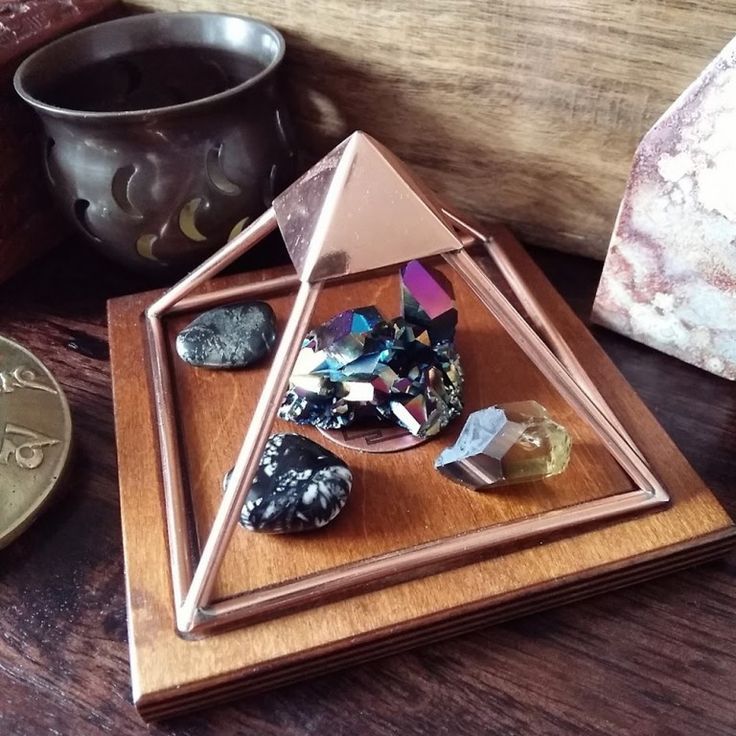 Those with the introversion personality trait restore their energy best when alone, and their energy is drained by being around others.
Those with the introversion personality trait restore their energy best when alone, and their energy is drained by being around others.
Shyness may be a part of the experience of many individuals but does not accurately describe empaths or the highly sensitive. The term “shy” actually refers to fear of social judgment.
As an example, imagine yourself as a young child at a new school, being walked into the classroom at the start of the day. There may be an element of shyness (fear of judgement by others). Imagine also the noise: the laughter and shouting, sounds of books and papers, desks and chairs squeaking on the floor. Imagine the sights: other children already playing with one another, bright fluorescent lights, walls filled with posters and words, lots of other people and a room much bigger than you. Imagine the energy and emotions in the room: playful chaos as the children connect in the morning, a welcoming smile from the teacher you just met, some curious eyes looking your way, knowledge that your parent will be leaving you there soon.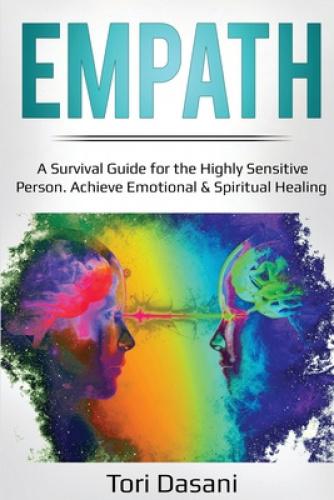 All of this sensory input is received by the brain.
All of this sensory input is received by the brain.
An empath will be more sensitive to the emotions of others in the room. The HSP will be more quickly overstimulated, leading to slower sensory processing, overwhelm, and greater difficulty in connecting with others in the moment.
Because typical traits of HSPs are not valued by popular culture, at least in the US, these individuals may hear and internalize negative labels at an early age. These may turn into thoughts such of “I am too _____.” Fill in the blank with sensitive, shy, afraid, neurotic, touchy, thin-skinned, withdrawn, or more. Frustration from these internalized messages may come out as thoughts of “What is wrong with me?”, “Why can’t I just not be this way?”, “Why am I the only one bothered so much?”, or “Others had it a lot worse than me. Why am I the one depressed and anxious?” What does your inner critic say?
Why can’t I do what others have done—ignore the obvious.— from Octavia Butler's Parable of the SowerLive a normal life. It’s hard enough just to do that in this world.
Recommended Read
Octavia Butler explores the metaphor of empathy taken to a dangerous and vulnerable extreme in her award-winning Earthseed series. This powerful trilogy considers life as a hyper-empath, or “sharer,” and the double-edge sword it presents when fighting for survival.
Help for the Highly Sensitive EmpathWhile sensitivity may lead to behaviors or reactions such as shyness, low self-esteem, social withdrawal, and rumination, these do not have to be the case. The downside of sensitivity can be managed and overcome with increased knowledge and understanding of self along with development of more positive coping mechanisms. Further articles will explore the role of brain's mirror neuron system in sensitivity, empathy, and compassion.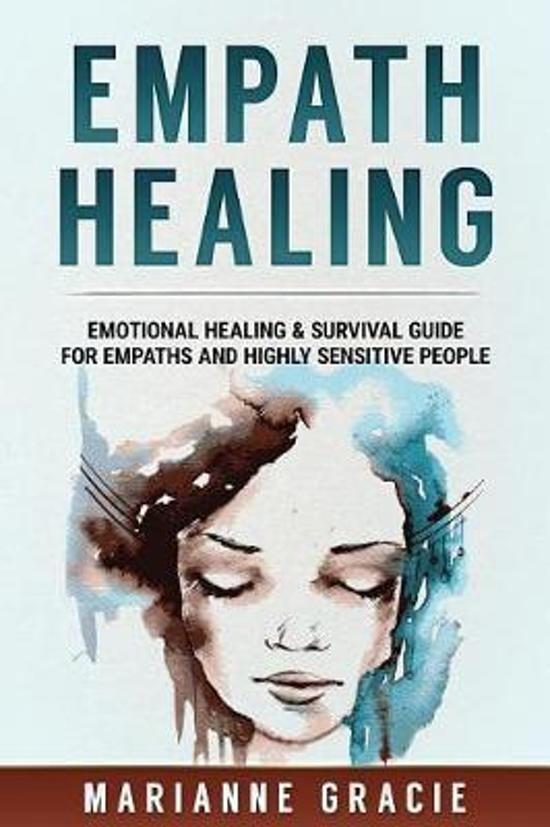
Therapy for Empaths and HSPs
Holistic psychotherapy can be an invaluable part of your journey to self-acceptance and living a full life as a highly sensitive empath. Additionally, tools such as mindfulness, meditation, affirmations, and spiritual practices can be helpful tools to integrate into daily life. A trained psychotherapist can be your guide to exploring and living into your gifts.
Resources:
Aron, E. (2013). The Highly Sensitive Person. Citadel Press.
Orloff, J. (2018) The Empath’s Survival Guide: Life Strategies for Sensitive People. Sounds True.
by Stacey Wright, Atlanta HSP therapist
Therapist for Highly Sensitive persons
In seeking a therapist, find someone knowledgeable of highly sensitive persons and empaths. Ask about their training and approach to working with your traits.
Our therapists are trained in holistic psychotherapy, seeking to understand the whole you, without rushing to label or see pathology.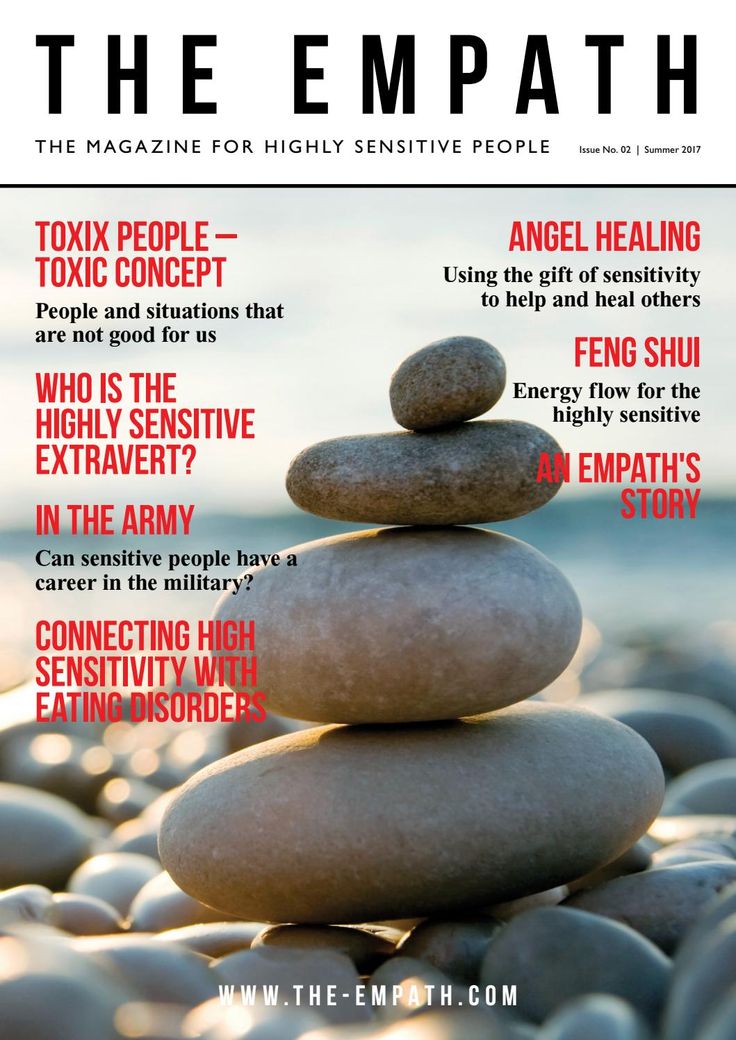 We see each client as a whole person–mind, body, and spirit existing in a social context. Stacey Wright specializes in working with highly sensitive persons and empaths. She works from an interpersonal perspective, integrating Internal Family Systems and other approaches to support your unique journey.
We see each client as a whole person–mind, body, and spirit existing in a social context. Stacey Wright specializes in working with highly sensitive persons and empaths. She works from an interpersonal perspective, integrating Internal Family Systems and other approaches to support your unique journey.
Tagged: HSP, Empath, Holidays
The Difference Between Highly Sensitive People and Empaths
Skip to content
973.400.8371 Get Started Now!
Posted on
Learn differences, similarities, and areas of overlap on the empathic spectrum.
As a psychiatrist and an empath, I often get asked, “What is the difference between empaths and highly sensitive people?” Following are the similarities and areas of overlap. (I also devote a section of The Empath’s Survival Guide to this important distinction.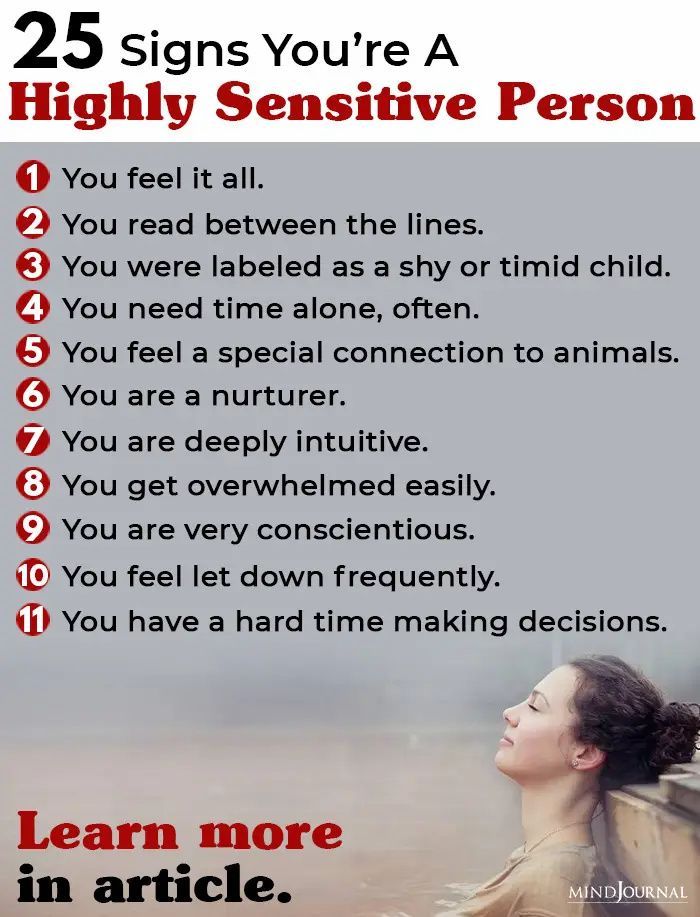 )
)
Empaths share all the traits of what Dr. Elaine Aron has called “Highly Sensitive People,” or HSPs. These include: a low threshold for stimulation; the need for alone time; sensitivity to light, sound, and smell; and an aversion to large groups. It also takes highly sensitive people longer to wind down after a busy day, since their ability to transition from high stimulation to being quiet is slower. Highly sensitive people are typically introverts, while empaths can be introverts or extroverts (although most are introverts). Empaths share a highly sensitive person’s love of nature and quiet environments, their desire to help others, and their rich inner life.
However, empaths take the experience of the highly sensitive person much further: We can sense subtle energy (called shakti or prana in Eastern healing traditions) and actually absorb it from other people and different environments into our own bodies. Highly sensitive people don’t typically do that. This capacity allows us to experience the energy around us, including emotions and physical sensations, in extremely deep ways.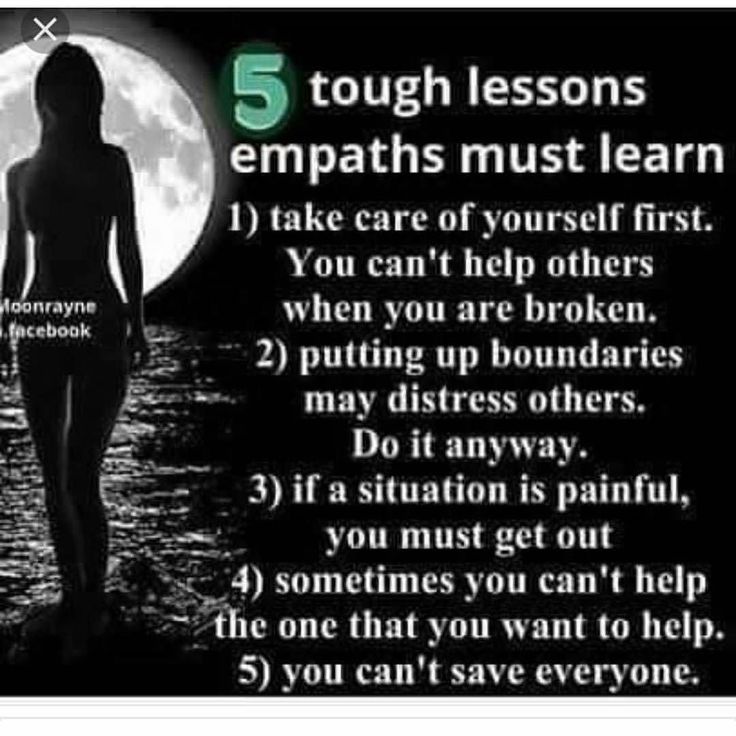 And so we energetically internalize the feelings and pain of others — and often have trouble distinguishing someone else’s discomfort from our own. Also, some empaths have profound spiritual and intuitive experiences — with animals, nature, or their inner guides — which aren’t usually associated with highly sensitive people.
And so we energetically internalize the feelings and pain of others — and often have trouble distinguishing someone else’s discomfort from our own. Also, some empaths have profound spiritual and intuitive experiences — with animals, nature, or their inner guides — which aren’t usually associated with highly sensitive people.
Being a highly sensitive person and an empath are not mutually exclusive: One can be both, and many highly sensitive people are also empaths. If you think about this distinction in terms of an empathic spectrum, empaths are on the far end; highly sensitive people are a little further in; people with strong empathy who are not HSPs or empaths are in the middle; and narcissists, sociopaths, and psychopaths who have “empath-deficient disorders” are at the far opposite end.
The Empathic Spectrum
Narcissists Loving empathic people HSPs Empaths
___i____________________i____________________i______________i__
The gifts of sensitivity and empathy are precious.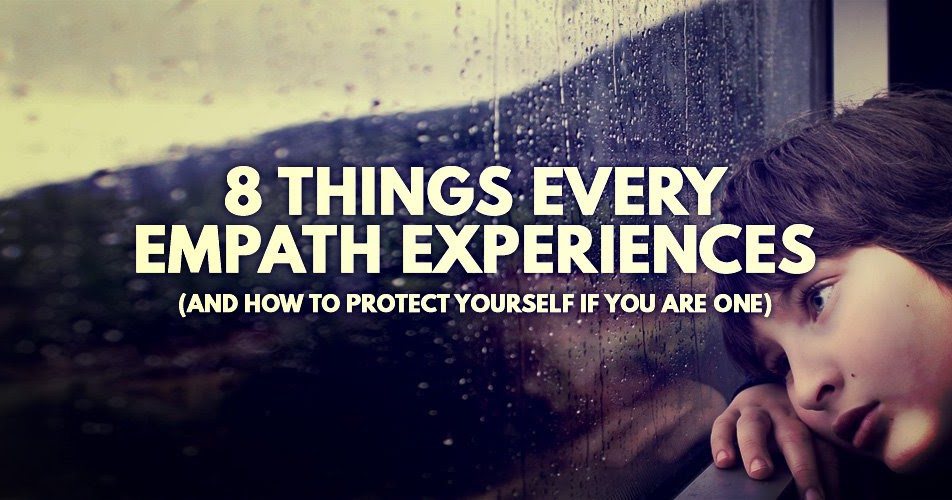 We want to keep opening our hearts and break through to new heights in the empathic spectrum. We need these gifts now more than ever.
We want to keep opening our hearts and break through to new heights in the empathic spectrum. We need these gifts now more than ever.
Adapted from The Empath’s Survival Guide
Photo from: Pexels
Click Here to Read This Blog from Psychology Today
by Judith Orloff, M.D and Psychology TodayAre you an empath or hypersensitive person: how to determine your type
How to get through difficult times: Psy daily tips
36 questions to (again) fall in love
The five love languages
13,319
Know yourself between people
As a psychiatrist and empath, I am often asked the question: “What is the difference between empaths and hypersensitive people?” These emotional types are often confused because they do have a lot in common.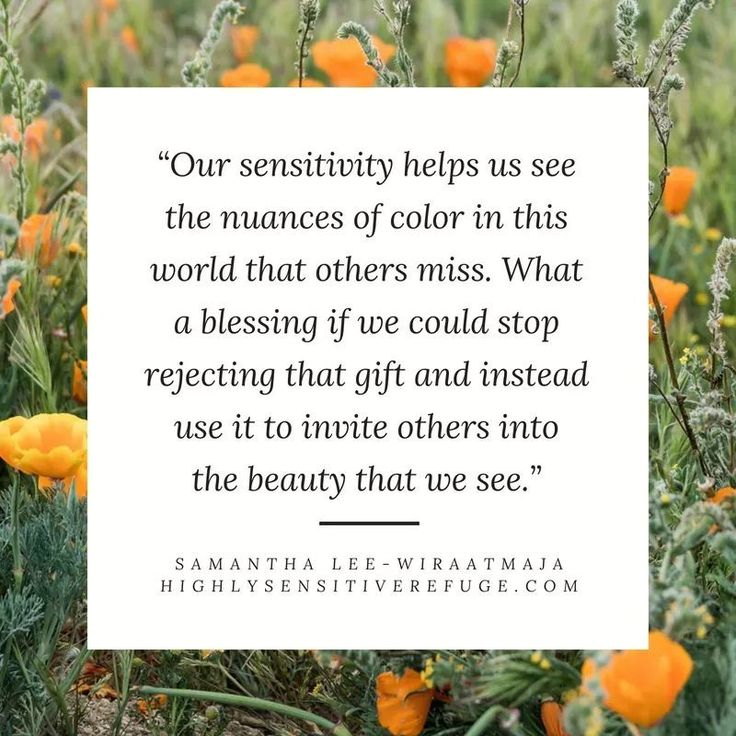 nine0003
nine0003
Both have a reduced sensitivity threshold, so any stimulus is felt more strongly. Because of this, they perceive too sharply bright light, loud sounds, pungent odors. Both of them feel the need to be alone for some time and can hardly endure large crowds of people.
But hypersensitive people need more time to recover from a stressful day and adapt to a calm environment. Almost all of them are introverts, while among empaths there are also extroverts. nine0003
Empaths share a highly sensitive nature's love of nature and quiet surroundings, as well as their desire to help others. Both have a rich inner life.
However, empaths live everything that happens to them, one might say, at a higher level. They are exposed to subtle energies - in Eastern traditions they are called shakti or prana - and literally absorb them from other people, take them from the environment. Hypersensitive people, as a rule, are not capable of this. nine0003
Empaths are like a highly sensitive, finely tuned tool when it comes to emotions.
Often this leads to the fact that it is not easy for them to recognize what caused the discomfort - other people's experiences or their own.
However, they perceive the positive emotions of those around them no less. In addition, many empaths have a deep spiritual connection with nature, the animal world, which, as a rule, cannot be said about people with hypersensitivity. nine0003
However, these emotional types are not mutually exclusive, and they have more in common than differences. It is possible for the same person to be both an empath and a hypersensitive person at the same time. But if you rank all people in order of their increasing ability to empathize, you get the following picture:
Empathic range
In this range, empaths are the complete antipodes of narcissists and sociopaths, who are known to be devoid of compassion. In the middle of this scale are hypersensitive natures and people with a sufficient and stable ability to show sympathy. nine0003
Reading the description, did you think that all this reminds you a lot? To test if you really are an empath, ask yourself these questions:
Do people think I'm overly emotional or overly sensitive?
If a friend is confused and upset, do I start to feel the same?
Am I easily hurt?
Am I so tired of being in a crowd that it takes time to recover? nine0003
Am I disturbed by noise, smells or loud conversations?
Do I prefer to come to parties in my car so I can leave whenever I want?
Am I overeating to cope with emotional stress?
Am I afraid that I will be completely consumed by intimate relationships?
If you answered yes to more than 3 questions, you have found your emotional type.

Text: Judith Orloff, psychiatrist, faculty member of the Department of Clinical Psychiatry at UCLA, author of The Empath's Survival Guide
Text: PSYCHOLOGIES.RU
New on the site
What I know about dad: part 1. Paper dolls Husband died in SVO: how can I help her?
“My husband bought virtual sex and lied to his face. How to survive betrayal?
In memory of betrayal: what to do if you are haunted by flashbacks
“He was forty-five, I was twelve”: about an unusual abduction, our subpersonalities and true desires
“My daughter starts every morning by saying how tired she is of life”
Wheel of balance: setting financial goals for the new year
how to survive for people who feel everything
what you need to fight, as they destroy relationships, provoke conflicts and become the cause of many other rash acts. However, the author of the book “I've had enough! How to live with emotional sensitivity ”Imi Lo thinks completely differently and says that people who live in the world of feelings and perceive everything around them through them can actually see and feel what others cannot see.
To do this, you need to accept your high sensitivity and realize that this is not a weakness, but, on the contrary, a strength. We tell you who emotionally sensitive people are and what advantages they have. nine0107
Imi Lo
Mann, Ivanov & Ferber, 2020
Who are emotionally sensitive people? sharp, bright and sensual. There are five signs of emotional sensitivity:
Depth, intensity and complexity of emotions.
Increased empathy and sensitivity
High level of susceptibility.
Rich inner world filled with feelings and vivid imagination.
Creativity and existential anxiety.
These signs can determine whether you belong to the category of emotionally sensitive people.
Depth, intensity and complexity of emotions
If you are a person with high emotional sensitivity, it is as if you exist in the world of emotions and do not think of yourself beyond it.
You perceive any events acutely, and you feel truly alive only when you feel something. At the same time, emotions can be not only bright, but also changeable: here you are at the peak of euphoria, and the next second you experience deep sadness. nine0003
You may be passionate about anything and can love strongly, grandiosely and without reserve, so you strive to create strong bonds with people, things and places, which makes it difficult to say goodbye to them, even if it is necessary.
Increased empathy and sensitivity
Probably from an early age you were interested in the lives of others, you were worried even about people who had nothing to do with you. You may also feel a stronger connection with animals and nature, the other person's inner world and their physical sensations. Surely it will not be difficult for you to understand what your interlocutor feels and why he feels this way - and you feel it so clearly that sometimes other people's experiences are perceived as your own.
nine0003
You tend to be empathic with people, and in close relationships you can romanticize and idealize your friend or partner, forgiving him many shortcomings simply because you deeply feel his inner world. Moreover, some highly sensitive people have a low pain threshold, suffer from misophonia (intolerance to certain sounds), hyperacusis (sensitivity to certain frequencies and strengths of sound), and allergies.
High susceptibility
You do not tend to be satisfied with superficial knowledge, because thanks to empathy and sensuality, you can penetrate the very essence of things, see relationships and important details that many miss. Sometimes you can predict the occurrence of a certain event in advance, understand the state of a person long before he explains it himself, and also recognize true intentions.
True, the ability to foresee something does not always play into your hands, since some images and possible scenarios influence you so strongly that you cannot get rid of obsessive thoughts and emotions.
nine0003
Storytel is an international subscription audiobook service. The Storytel library contains audiobooks from almost all genres, from classics and non-fiction to lectures, stand-ups and podcasts. This is a service that solves the problem of reading. It lets you listen to audiobooks anytime, anywhere: while exercising, preparing meals, commuting to and from work, on the plane, before bed, and whenever you want. Storytel creates and records its own unique content - lecture projects, podcasts, audio series, and also collaborates with the best voices in the country. nine0003
A rich inner world and vivid imagination
A wide range of emotions gives rise to various images and associations that can form metaphors, ideas, fantasies and whole worlds. You are probably very inquisitive, prone to constant reflection and searching for answers to questions, therefore you are attentive to the information that you study and to the people with whom you communicate. You may suffer from perfectionism, prone to excessive self-criticism.
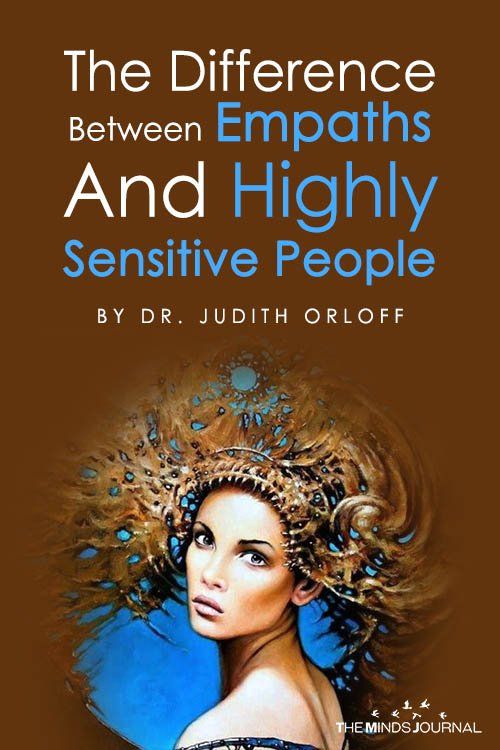
When you read a book, watch a movie or a theatrical performance, then most likely the rest of the world ceases to exist for you - now there is only a fictional universe that you sensually explore and to which you vividly react. nine0003
Creativity and an existential crisis
Through insight, you may have often thought about the meaninglessness of existence, experienced fear of loneliness, and also annoyance that other people do not want to think about what is really important .
You often get hung up on thoughts about the transience of time and the finiteness of everything that exists, because of this you try to use every moment of life to the maximum, reach creative and career heights. Perhaps you have several hobbies, and you are absolutely not satisfied with the idea of a meaningless life without any goals, aspirations and global desires. nine0003
Problems of highly sensitive people
A person who perceives the world vividly through feelings is often considered an emotionally immature person, since his reactions to various events seem excessive and inadequate to the situation.
This really happens - for example, when it is necessary to resolve a conflict, and instead a person who is overwhelmed by emotions swears even more and does not want to find a way out of the situation.
But why is this happening? By and large, only because until the end of the 20th century, IQ was the only indicator of intelligence and giftedness. However, this coefficient took into account only the abilities of the mind, but did not at all reflect the ability of a person to perceive the world differently - through empathy, the ability to take the place of another, feel the mood of the interlocutor, see his intentions and potential hidden from the eyes of others. Therefore, in society, it was intelligence, analytical and linguistic abilities that became important, and not emotions and creativity. nine0003
It was only in the 1980s that scientists began to develop new models of giftedness, and this is how emotional intelligence appeared. Canadian psychologist François Gagne was the first to separate the concepts of giftedness and talent in his book The Differential Model of Giftedness and Talent.
In his opinion, talent is something that develops over time through training and education, and giftedness is an innate ability, a predisposition to a certain activity. He divided abilities into five categories: intellectual, creative, socio-emotional, sensorimotor and others (psychic abilities are included here, but there may be many questions about them). Only along with this division came the understanding that giftedness is not only intellectual, and a person who does not have sufficient analytical abilities should not be considered stupid or mediocre. nine0003
Around the same time as Gagne, the American psychologist Howard Gardner developed the concept of multiple intelligences, which included, for example, social intelligence - how we build relationships with others - and intrapersonal intelligence - how we perceive ourselves and how inclined to self-reflection.
Despite all the achievements in the field of psychology and the active popularization of emotional intelligence, not every person realizes how important emotions are.
It is customary to develop intellect in children, but no one tells them how to perceive the world through the "wisdom of the heart." That is why especially sensitive, gifted children do not receive proper support, stop showing their emotions and, as a result, face a huge number of problems in adult life that result in conflicts, impulsive decisions and the inability to understand themselves and others. nine0003
Storytel is an international subscription audiobook service. The Storytel library contains audiobooks from almost all genres, from classics and non-fiction to lectures, stand-ups and podcasts. This is a service that solves the problem of reading. It lets you listen to audiobooks anytime, anywhere: while exercising, preparing meals, commuting to and from work, on the plane, before bed, and whenever you want. Storytel creates and records its own unique content - lecture projects, podcasts, audio series, and also collaborates with the best voices in the country. nine0003
How to deal with it
Truth Time Exercise
If you realize that you are experiencing a lot of emotions and cannot control them, you are very likely to be trapped in prejudices, old traumas and beliefs that do not allow you to realize all your potential.
The purpose of the exercise is to refer to unpleasant past events—for example, family experiences or embarrassing situations in society, among friends, or at work—in which you came to the conclusion that your emotions are wrong, and to understand why you think that sensitivity only bothers you. Here's what you need to do:
Take a diary and remember as many painful past events as you can. Do you have a tendency to minimize negative feelings? Or, for example, try to separate from your experiences, as if you do not want them to be yours?
Be honest with yourself and remember your childhood. How did your parents react to your sensitivity? Did they support her or, on the contrary, tried to suppress her? Did you receive support when you were sad, and if so, from whom? Could you experience your emotions with loved ones, or did you have to do it alone? nine0003
As you remember, pay attention to how your body reacts. Does your heart rate increase when you think about certain situations? Maybe your jaw or shoulders are tense? Emotions tend to show up outwardly, so pay attention to your body's signals.
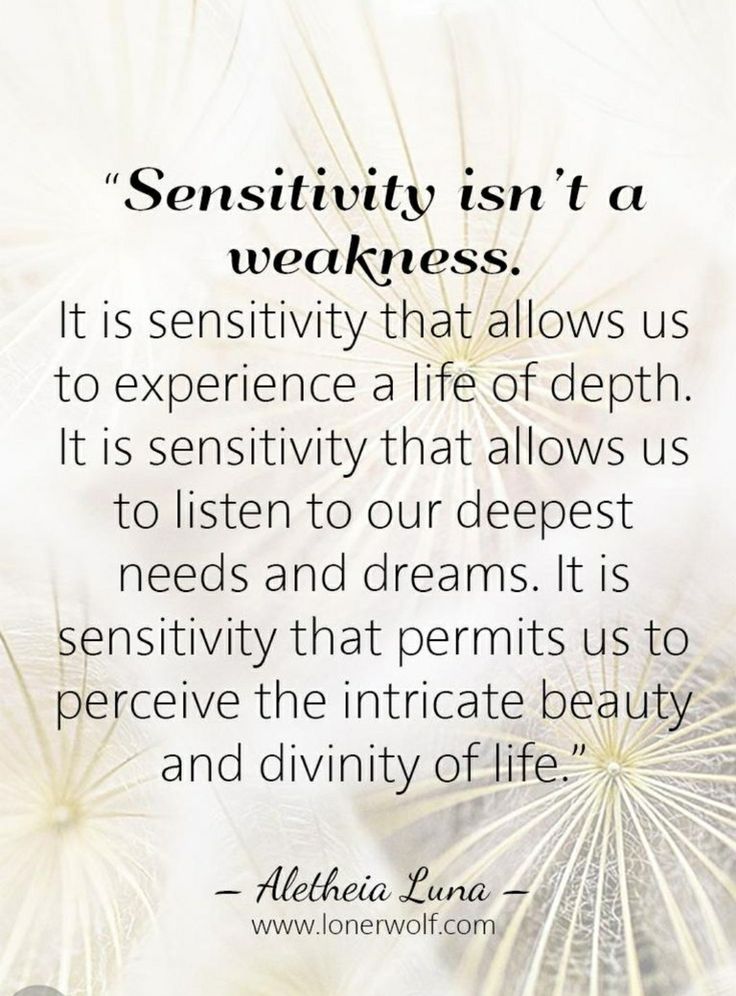
In the process of this exercise, if you dig deep, it may become clear why you cannot accept and acknowledge your high sensitivity and, as a result, make it work for you. nine0003
Feel the events of the past
Some traumas from early childhood or just in the past can still cause negative feelings in us, such as sadness, anger, sadness or disappointment. It's okay to experience them, but if the events still seem painful, then you haven't let them go yet. So allow yourself to relive all the emotions, even though it may be unpleasant.
Think of all situations that make you feel sad, toxic envy, anger, or any other negative emotion. Try to feel it all over again, allow yourself to react exactly as you would react if you didn’t forbid yourself to freely express your feelings, even the most unpleasant and negative ones. As in the previous exercise, pay attention to the reaction of the body: is there a lump in your throat, are your cheekbones tense, do you feel like crying? And if so, then allow yourself to feel it all.
Re-living emotions is like a way of healing and clearing out what has been bothering you for a long time. When you fully experience everything, it will be easier for you to let go of events and move on. nine0003
Exercise "Mental rehearsal"
When we are nervous, anticipating not the most pleasant or just exciting event, we begin to activate our defense mechanisms in advance so that the situation does not turn into a disaster for us. However, by winding ourselves up, we only make things worse, while the event may well turn out to be not as terrible as it seemed at first. To avoid misreactions, do the following:
Imagine an event that triggers your anxiety. Consider it in detail, but not from the point of view of a passive observer, but as an active participant. nine0003
Imagine all the possible scenarios in which this event could develop. Will people say things that will make you sad? Or maybe pissed off? Imagine everything that can provoke a strong emotional reaction in you - from the smallest troubles to the biggest.



